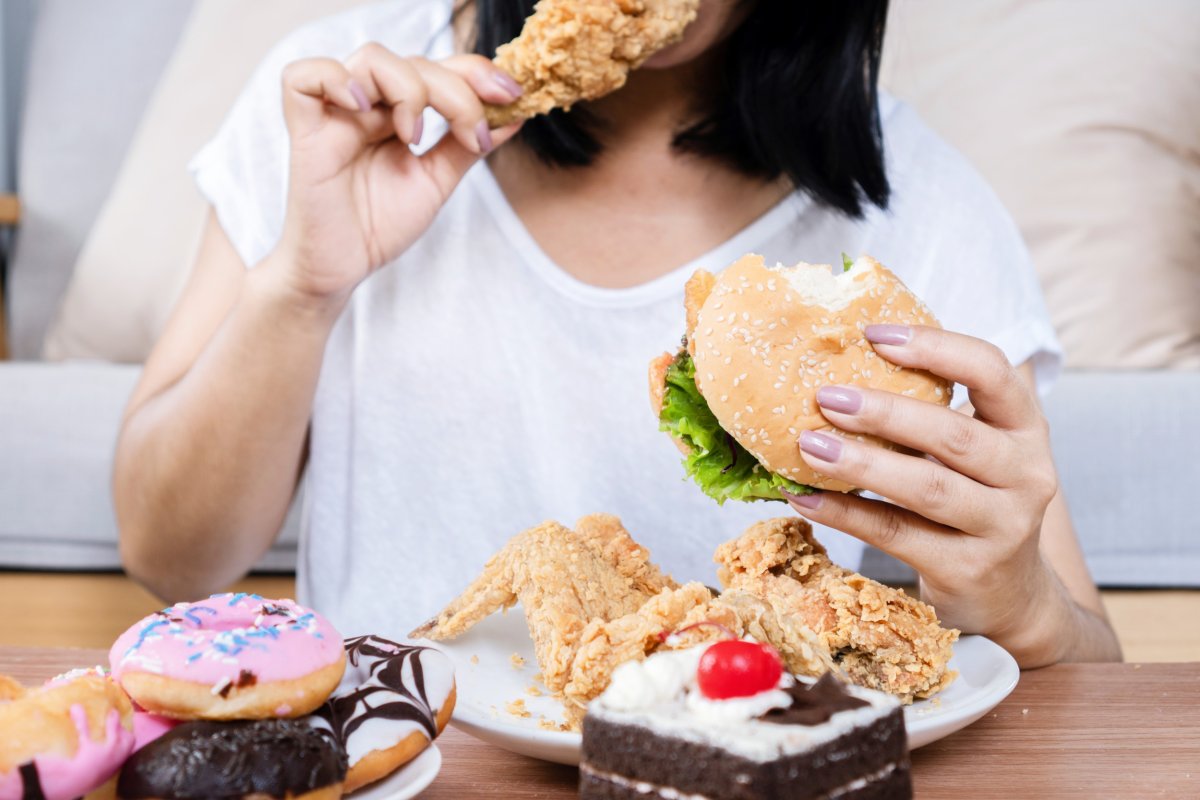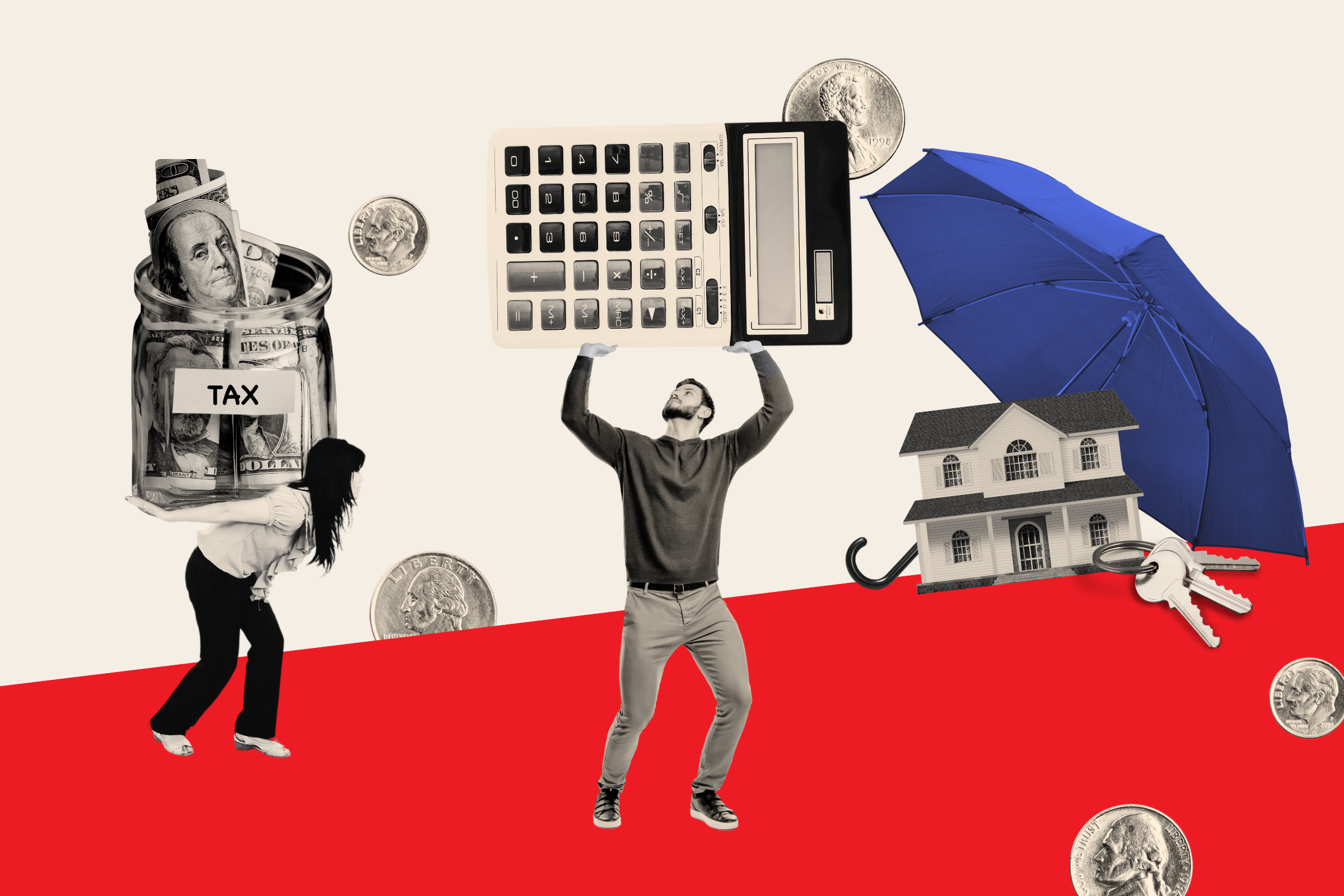A new study has found that women who feel lonely are more likely to have food cravings.
The study from the University of California, Los Angeles (UCLA) Health studied 93 women and asked them questions about their support system and feelings of loneliness. They were then shown a variety of pictures, some with food that varied between sweet and savory.
MRI scans recorded during the study found that regions of the brain linked to food cravings were activated when shown these pictures. Cravings were specifically activated when pictures of sugary foods were shown. The study reported that regions associated with self-control also decreased in activity.
The study only focused on women. The effect of loneliness is yet to be assessed on men.
The study found that the same group of women who felt lonely and had higher cravings for sugary foods also already had unhealthy eating behaviors. Women who had a higher sense of social isolation had a higher chance of lower diet quality, greater cravings, uncontrolled eating, and increased levels of mental health issues such as anxiety and depression.
"Researching how the brain processes loneliness and how this is related to obesity and health outcomes hasn't been done," Arpana Gupta, a researcher and co-director of the UCLA Goodman-Luskin Microbiome Center and senior author of the study, said in a statement.
Gupta initiated this study because she was curious about how modern times, particularly after the COVID-19 pandemic, are affecting mental health, feelings of loneliness, and eating behaviors.
"These findings are interesting because it provides evidence for what we intuitively know," Gupta said. "When people are alone or lonely, it impacts more than how they are feeling; they underreport what they eat, their desire to eat, and their cravings especially for unhealthy foods."

Based on these findings, the researchers suggest that holistic mind-body interventions may help those suffering from poor diet and uncontrolled eating.
"If you have more cravings, you eat more and may have more anxiety or depression, which may lead you to eat more," Xiaobei Zhang, a postdoctoral researcher and lead author said in a statement.
He linked the brain pathway associated with these feelings to a "vicious cycle between unhealthy eating and negative mental symptoms."
"Instead of grabbing that highly addictive, sweet, high calorie food that you're craving, maybe trying to go for healthy foods versus those bad foods," Gupta said.
Do you have a tip on a science story that Newsweek should be covering? Do you have a question about diet? Let us know via science@newsweek.com.
Uncommon Knowledge
Newsweek is committed to challenging conventional wisdom and finding connections in the search for common ground.
Newsweek is committed to challenging conventional wisdom and finding connections in the search for common ground.
About the writer
Robyn White is a Newsweek Nature Reporter based in London, UK. Her focus is reporting on wildlife, science and the ... Read more
To read how Newsweek uses AI as a newsroom tool, Click here.






